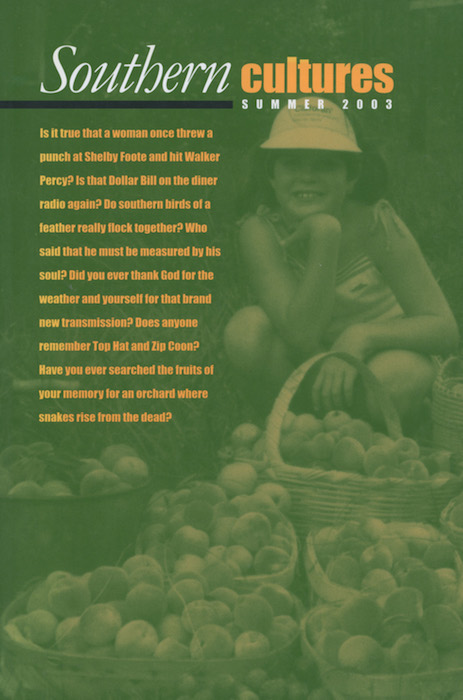The tendency to form friendships with those who are like oneself has been called “homophily.” Do southerners prefer one another’s company, other things equal? Do nonsoutherners seek each other out? Some anecdotes suggest that, in this respect, regional origin is one of the differences that makes a difference, but it would be good to have more solid evidence than that.
One published study (maybe the only published study) about the role of region in friendship choices was based on a survey of undergraduate students at the University of North Carolina (UNC) at Chapel Hill in 1976. Respondents were asked to list their three best friends at the university and to say how many of the three were “from the South.” Then as now, approximately 90 percent of Chapel Hill students came from southern states (the precise figure depends both on how “the South” is defined and on what it means to be “from” somewhere). If students chose friends without regard to regional origin, only a fraction of 1 percent would have had no southerners among their three best friends; about 4 percent would have had only one; about 28 percent two; and the majority—over two-thirds—would have had no nonsouthern “best friends” at all. (See the left-most column of Table 1.) This would not reflect homophily, or discrimination against nonsoutherners, but simply the composition of the pool from which friends could be chosen.


